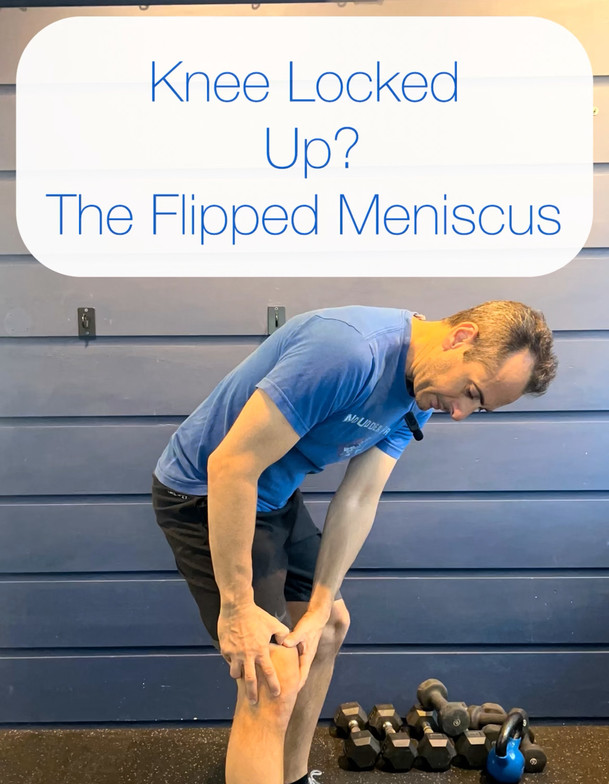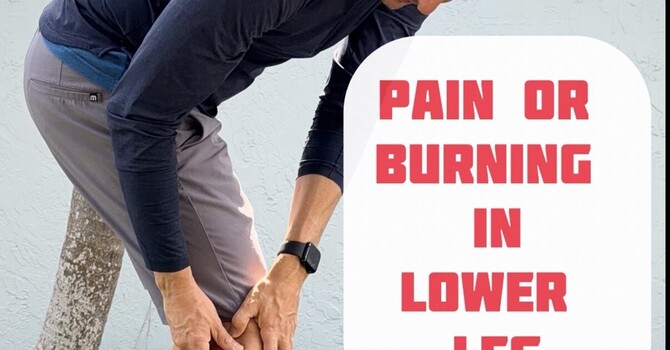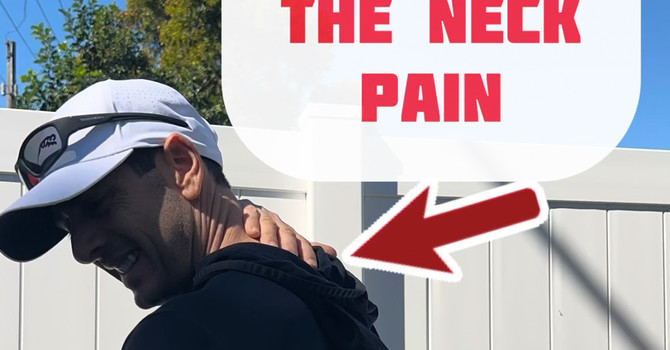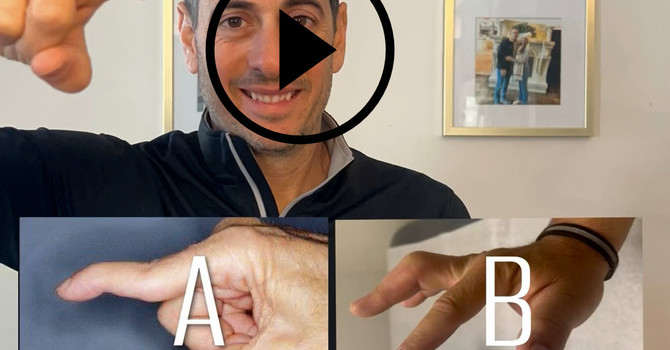
Ever feel like your knee suddenly locks up or refuses to fully straighten? You might be dealing with more than just tight muscles or inflammation — it could be a flipped meniscus.
Understanding the Meniscus
The meniscus is a C-shaped piece of fibrocartilage that sits between your femur (thigh bone) and tibia (shin bone). Its main job is to absorb shock, improve stability, and distribute load through the knee joint. Each knee has two menisci — one on the inside (medial) and one on the outside (lateral).
These structures are critical for knee health, especially for athletes, runners, and anyone who moves dynamically throughout the day.
What Happens When It “Flips”?
When a significant tear occurs — particularly a bucket-handle tear — a portion of that cartilage can actually fold or flip into the center of the joint space. This displaced piece of tissue disrupts normal movement and can create a mechanical block inside the knee.
Common Symptoms
A flipped meniscus can cause a very distinct set of symptoms, including:
-
A sudden locking or catching sensation in the knee
-
Difficulty fully straightening or bending the leg
-
Swelling and tenderness along the joint line
-
A feeling that something is “stuck” inside the joint
These mechanical symptoms are different from typical soreness — they usually indicate the meniscus fragment is physically preventing motion.
Diagnosis and Treatment
The gold standard for confirming a flipped meniscus is an MRI, which can show the exact tear pattern and position of the displaced fragment.
Treatment depends on the tear location and blood supply. In some cases, targeted rehabilitation and soft-tissue therapy can help restore mobility and strength. In more severe cases, arthroscopic surgery may be needed to reposition or repair the torn tissue and restore smooth motion.
The Bottom Line
If your knee suddenly locks or feels “stuck,” don’t try to force it or push through the pain. The sooner you get it evaluated, the better your chance of preserving joint function and avoiding long-term cartilage damage.
Stay proactive, protect your knees, and move smart.
— Dr. Steve Muscari, New Path Chiropractic – Wellness & Sports Rehab (Jupiter, FL)

Dr. Steve Muscari
Contact Me




